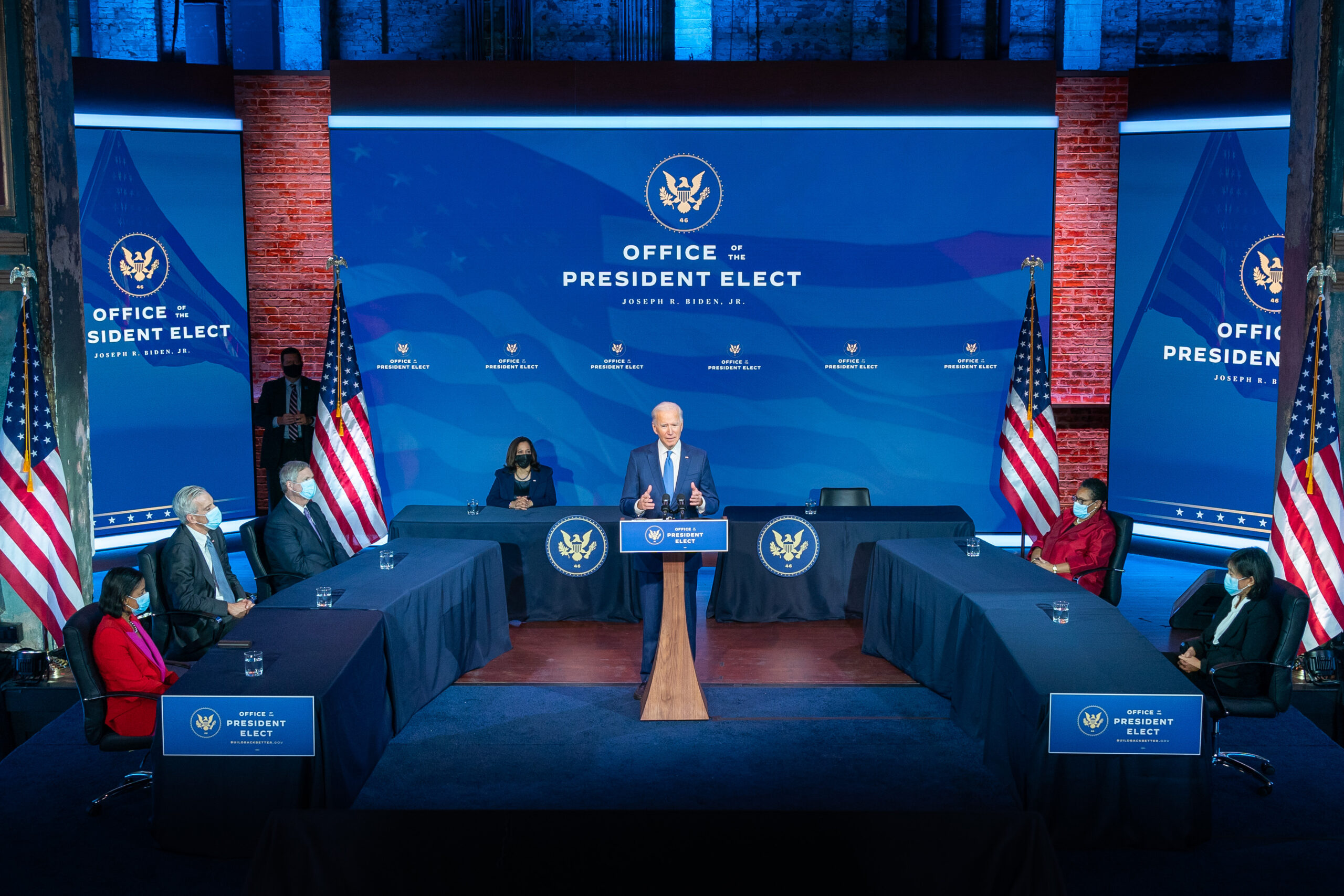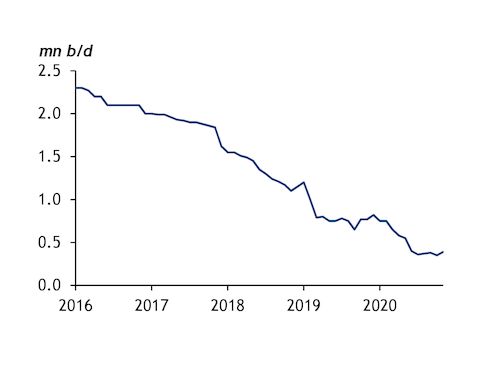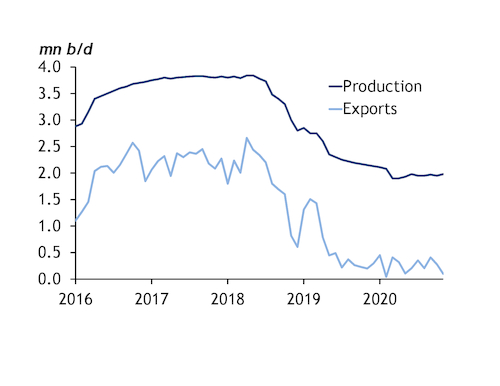
(Argus, 14.Dec.2020) — Washington’s failure in the past two years to force regime change in Caracas by means of severe sanctions gives the incoming US administration of president-elect Joe Biden an opportunity to try a more diplomacy-focused approach.
Biden’s policy goal for Venezuela — ensuring a free and fair election to help restore democracy and rebuild the economy — is similar to the stated objective of President Donald Trump’s administration, but the Democrats view the current tactics as unsuccessful. Events on the ground will force a rethink of an uncompromising US stance. Venezuelan president Nicolas Maduro is set to consolidate his political control after a 6 December election — boycotted by the opposition and described by independent observers as a sham — resulted in a loyal national assembly. However flawed the election, it spells an end to opposition leader Juan Guaido’s constitutional claim to an interim presidency, which derived from his leadership of the assembly that ends its term on 5 January.
The Trump administration says it will continue to recognise Guaido as Venezuela’s interim leader, but US allies that previously backed the opposition leader have declined to endorse that stance. The Maduro government hopes the new team at the White House will open a path for an easing of sanctions, but the protracted Venezuela crisis does not feature among Biden’s early priorities. A more likely scenario involves maintaining the sanctions at their current level, at least initially, but without further attempts to ratchet up pressure on the country’s crippled oil sector. Washington is likely to align its policy with that of the EU and Canada, which have called Maduro’s presidency illegitimate but maintained relations with his government. The incoming US administration is not facing any sanctions deadlines imposed by its predecessor that will force its hand quickly — a licence for Chevron and US oil service companies to continue working in Venezuela expires on 3 June.
Venezuelan crude production

The new White House, likewise, will have more flexibility after Trump leaves office. A compromise between Democratic and Republican congressional leaders produced from Russia to Germany that addresses most EU concerns and gives Washington the authority to waive such penalties. Lawmakers during Trump’s term have opted to issue sweeping mandates for Russia sanctions out of concern that the president could cut deals with Moscow to undermine congressional intent. Paradoxically, Biden, who has promised tougher policy against Russia, will be less bound by congressional actions than the outgoing administration.
Art of the deal
Biden’s promised reset of the US’ tough sanctions policy against Iran has raised expectations in Tehran of a quick rebound in the Opec producer’s crude output and exports. “Next year, we plan to sell 2.3mn b/d of oil,” President Hassan Rohani says, referring to the Iranian year that begins on 21 March — the number is included in the country’s draft budget for that year. Tracking Tehran’s oil exports accurately has become near impossible because tankers carrying its crude regularly switch off their transponders. Data from oil analytics firm Vortexa indicate that shipments have averaged less than 400,000 b/d in the past two years.
Iranian crude production

The sense of optimism in Tehran belies the likely tough negotiations between the Biden and Rohani governments. Tehran says it expects the US to lift oil sanctions before Iran begins to comply with constraints on its nuclear programme. But the new administration expects Iran to resume compliance with the nuclear deal before obtaining sanctions relief, Biden’s designated national security adviser Jake Sullivan says. “We think that is feasible and achievable,” he says.
__________

